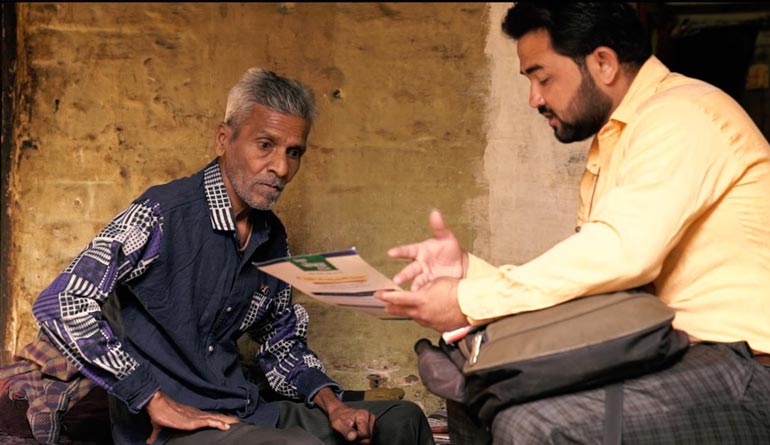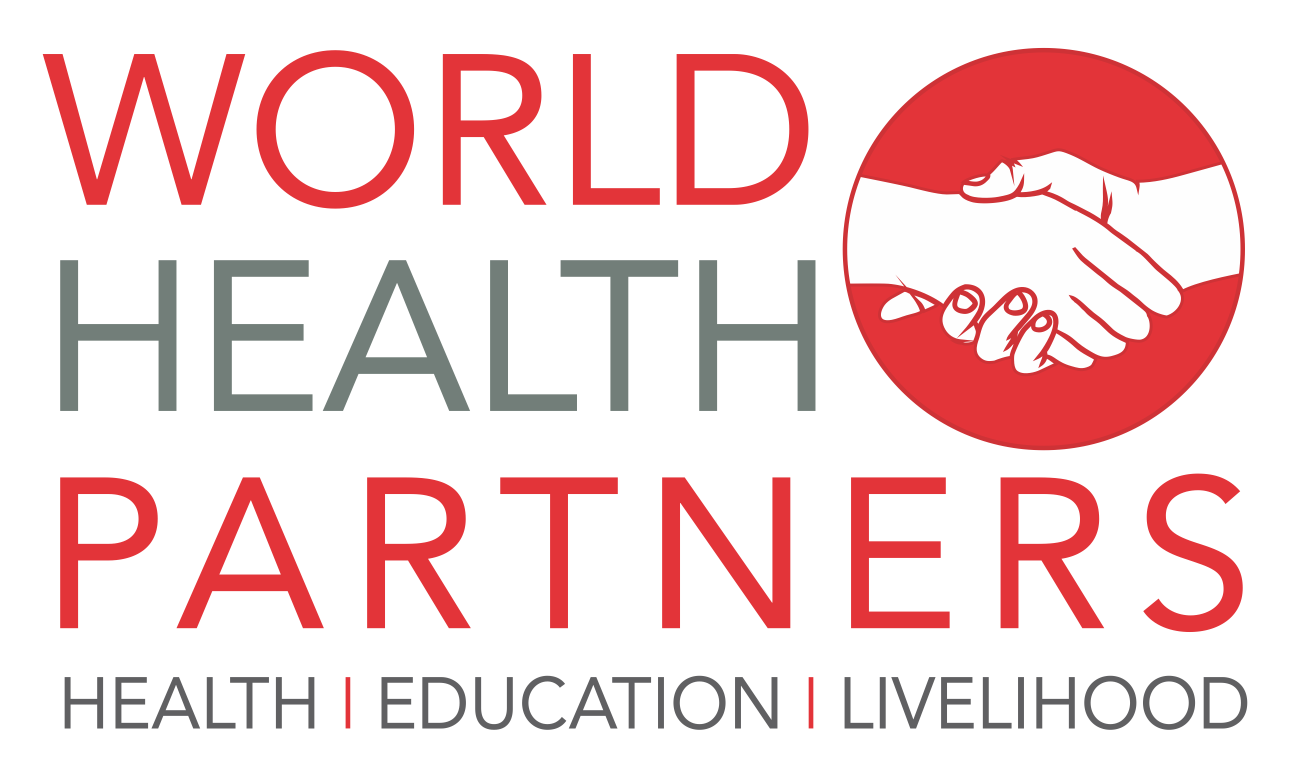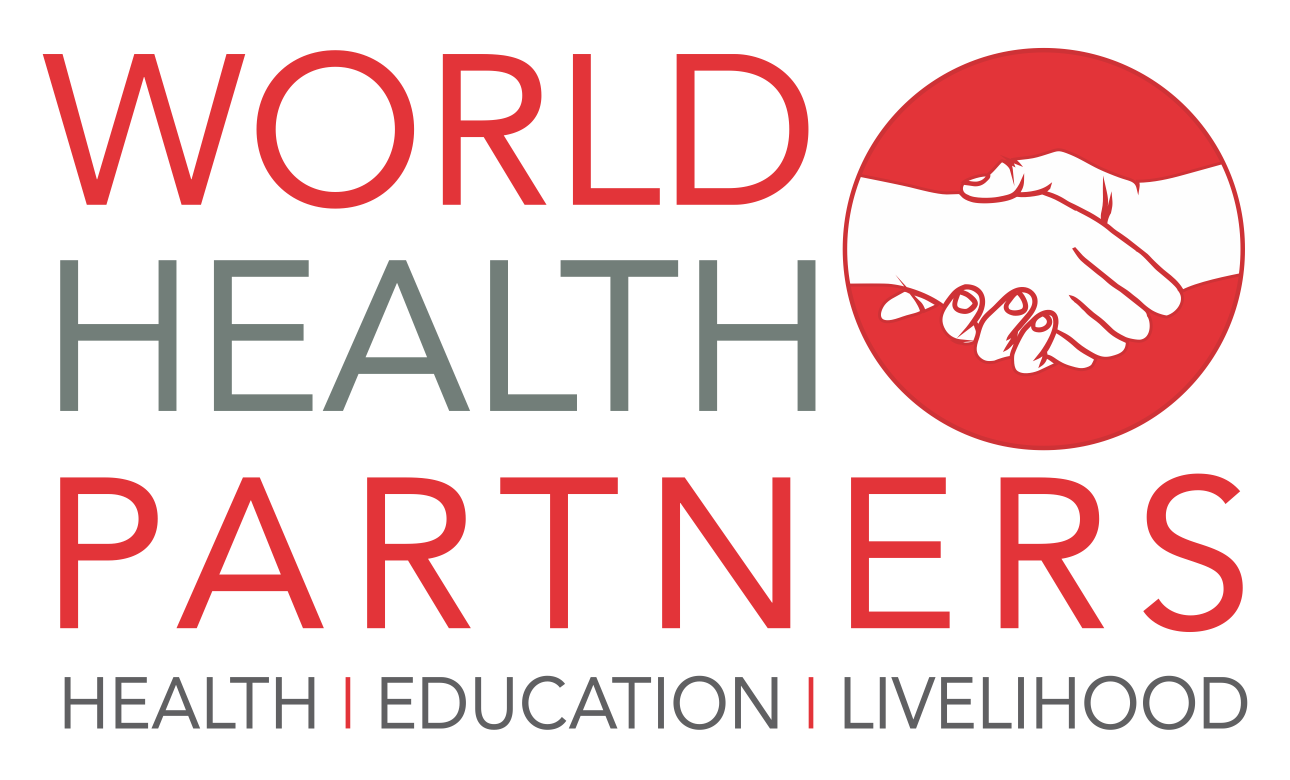CLOSING THE GAPS
IN TB CARE CASCADE BY DEVELOPING AND DEMONSTRATING A MONITORING FRAMEWORK

All indicators are updated till June 30, 2024
It is estimated that in 2020, there were 2,640,000 TB patients in India, 68% were able to access TB testing facilities and 57% were diagnosed to be having TB. Of the total estimated TB patients, 50% were initiated on started treatment and 43% were able to complete the treatment. 37% of the estimated TB patients reported to have had one-year of recurrence-free survival. Similarly, for the cases of MDR-TB (124,000) from 2019, 47% were able to access TB testing facilities, 19% were diagnosed with MDR-TB, 15% were registered for MDR TB treatment, 7% achieved treatment completion and 5% reported to have a recurrence-free survival.
While active TB remains the top priority, WHO modelling suggests that focus on active TB disease alone would have a limited impact on reducing incidence in the future unless latent TB infection is addressed with the introduction of TB preventive treatment (TPT). It is estimated that India contributes 26 lakh cases of TB infection annually, and has the highest burden of TB infection (35-40 crores) in the world (Guidelines for Programmatic Management of TB Preventive treatment in India-2021). TPT is estimated to decrease the risk of developing TB disease by 60% in the general population having TB infection and by 90% among people living with HIV. (Getahun H, Matteelli A, Chaisson RE, Raviglione M. Latent Mycobacterium tuberculosis infection. N Engl J Med. 2015 May 28;372(22):2127–35). The National TB Elimination Programme (NTEP), utilizes a targeted approach, to ensure that active TB is prevented through introduction of TPT among TB infected individuals in the high risk groups, who are not having active TB disease. The targeted population for TPT includes PLHIV, all house hold contacts (HHC) of pulmonary TB patients, individuals on immunosuppressive therapy, having silicosis, on anti-TNF treatment, on dialysis and preparing for organ or hematologic transplantation. Although the TPT coverage increased by more than 2 fold from 2021-2022, there is need to accelerate the coverage for TPT to reach the goal of TB elimination by 2025.
It is estimated that only 18.8% of the individuals screened for LTBI are able to complete the treatment. There are losses and dropouts at each stage of the cascade of care for LTBI. It is pivotal to strengthen the cascade of care for TPT, through interventions for reducing the dropouts along the care cascade and to accelerate the uptake of TPT in TB infected individuals.
Care cascades provide a framework to monitor system-level responsiveness to the patient throughout their treatment journey. Although widely used in HIV and other disease surveillance programmes, cascades have only recently been used to evaluate TB care. Still, they remain limited to retrospective research as opposed to routine programme monitoring through a natural set of indicators that the cascade provides. This project is institutionalizing care cascade monitoring at a district level in order to: i) Estimate & visualize patient losses across cascade stages in close to real-time and ii) Rapidly implement interventions and quality improvement (QI) initiatives based on care gaps.
The four-year (2020-2024) USAID supported project is in its final year of implementation. The project started in 2020 from two district each of Jharkhand (Ranchi & East Singhbhum) and Gujarat (Gandhinagar and Surat), has now been scaled to the entire states. Based on the success of the CGC interventions, five additional states (Bihar, Sikkim, Uttar Pradesh, Punjab and Himachal Pradesh) are now being supported by WHP for scale-up of CGC activities. The project is providing technical support to the states for training of human resources, roll-out of differentiated TB care, post treatment follow-up, integration of mental health service and evidence from monitoring of activities aimed at closing the gaps in TB care cascade.
Differentiated TB care (Cohort Monitoring)
The CGC project implementing an operational research to understand the effectiveness of Differentiated Care and management of TB patients of a three months cohort of notified patients from select facilities of Gujarat and Jharkhand. Comprehensive assessment of TB patients (19 parameters). Mental Health Assessment, Counseling and referrals for the patients with MH issues, End IP follow-up and end treatment assessment with Liquid Culture test proposed for the intervention.
Altogether a total of 1,310 patients enrolled during Apr- June 2023. All patients enrolled during this period were assessed for DCM. End IP assessment of the 1,055 patients. Currently, end of CP assessment is underway and as of December 2023, 774 assessments have been successfully done and 578 sputum sample and 09 smear positive and 12 MTB positive have been recorded.
Differentiated TB care and Management (DCM)
Click here.. to download the brochure
The differentiated TB care and management intervention, is a comprehensive package of diagnostic and referral services for TB. This package of care has been rolled out through the public health facilities in the district with the aim to improve treatment outcomes in the TB patients. The DCM intervention includes, assessment of TB patients at /or before treatment initiation. The assessment includes, clinical assessment, nutritional assessment, basic laboratory investigation, assessment for mental health disorders and substance use.
This activity created momentum, which ultimately led to scale-up of differentiated TB care and management scaled-up in Gujarat and Jharkhand, through the involvement of Ayushman Bharat Health and Wellness Centres (HWC) as the closest point of contact for the community. In the final year of the project the intervention will be scaled-up and sustained in all the districts of Jharkhand and Gujarat, so that it can be transitioned to the public health system when the project activities conclude.
To demonstrate the replicability of the CGC interventions, WHP is providing technical support to states of Himachal Pradesh, Punjab, Uttar Pradesh, Bihar and Sikkim for introduction and scale-up of CGC activities. The technical support provided by WHP includes orientation, training facilitation, monitoring and review of implementation of differentiated TB care, integration of mental health screening and counselling services into TB care cascade and verbal autopsy of the deaths among TB patients, In the CGC intervention districts of Jharkhand and Gujarat, till July’23 a total 14,473 no. of patients have received differentiated TB care. The scale-up of Differentiated TB Care has been successfully implemented across all 7 CGC intervention states: Gujarat, Jharkhand, Sikkim, Himachal Pradesh, Uttar Pradesh, Punjab, and Bihar. The initiative was started from Jan’23 and continuous support was provided by the WHP teams till the end of the CGC project. From Jan23 - till May 2024, a total of 85,304 TB patients have received differentiated TB care. A total 19,197 high risk patients were identified and referred to the higher facilities.
TB Treatment Adherence
Click here.. to download the brochure
As part of the TB treatment adherence management using digital technologies, 99dots and MERM had been introduced and scaled up. The learnings from the THALI project were used in the CGC project for improve the acceptance of Digital Adherence Technologies (DAT). 99dots lite has been scaled up by Government of Jharkhand, across 24 districts since April 2023. A total of 17,607 TB patients have been reached through TB treatment adherence management activities.
Mental Health Intervention
Click here.. to download the brochure
As part of the mental health interventions, screening and counselling services for mental health disorders has been provided to 18,438 TB patients from the CGC intervention districts of Jharkhand and Gujarat since October 2020.
With high prevalence of depression among TB patients, as compared to the general population suggests that there is an urgent need for routine screening for mental health disorders in TB patients.
As part of the project intervention, psychotherapeutic counselling by health workers was demonstrated to be useful in improving mental health among TB patients. Based on the evidence from the mental health interventions implemented through CGC project, Gujarat has initiated services for screening, counselling and referral of drug resistance (DR) TB patients for mental health disorders through TB counsellors. On similar lines, Government of Jharkhand has introduced 104 call centres (supported by National Health Mission) based screening, management and referral of DR-TB cases. AA total of 1200 DR-TB patients has been reached in the CGC intervention geographies till 31st December’ 23. The tools being used for Mental Health screening tool can be accessed here
Substance abuse
Substance abuse among TB patients can adversely affect their treatment continuity. It may increase the risk of poor health-seeking behaviour and undesirable treatment outcomes (Rehm et al., 2009). WHO estimated that more than 20% and 4.7% of global TB cases might be attributable to smoking & harmful use of alcohol (2016), respectively. Substance abuse intervention aims to assess patients’ risks associated with substances use and educate them by enrolling on counselling intervention. Damaging effects (physical, mental, emotional, spiritual, relationship, financial, legal and sexual) of the substance use on the individual and family as well as crafting cognizance to lead a healthy life without the use of the substance are the major focus areas of intervention. Since Feb’22, 10,860 TB patients have been screened in the CGC intervention geography till December 2023.
Post Treatment Follow-up
Click here.. to download the brochure
As part of the post-treatment follow up intervention 67,057 TB patients have been reached out. 2.7% (2039) TB patients were identified to be having recurrence of TB during the post treatment follow-up. Based on the evidence generated from the post treatment follow-up intervention, Central TB Division (CTD), rolled-out National Training of Trainers (ToT) for scale up of post-treatment follow-up in May 2023. A guidance document for post treatment follow-up has been developed by WHP for CTD. For more details click here
End Treatment evaluation
Click here.. to download the brochure
As part of the post-treatment follow up intervention 67,057 TB patients have been reached out. 2.7% (2039) TB patients were identified to be having recurrence of TB during the post treatment follow-up.
Based on the evidence generated from the post treatment follow-up intervention, Central TB Division (CTD), rolled-out National Training of Trainers (ToT) for scale up of post-treatment follow-up in May 2023. A guidance document for post treatment follow-up has been developed by WHP for CTD.
iSmart (AI-assisted X-ray)
Click here.. to download the brochure
iSmart, an AI assisted X-ray intervention was introduced in the CGC project geographies. The aim of the intervention was to strengthen the Pillar-1 (Detect) of the National Strategic Plan (2017-25) for TB.
As part of the intervention WHP, facilitated linking patient with AI- assisted X-ray services to ensure that X-ray interpretation is readily available. This intervention required the image of chest X-ray to be uploaded on a phone based application, which was centrally interpreted by an AI based service. The interpretation of the X-ray, was made available by the AI based service to the patient in short time. The AI assisted X-ray service is useful in settings where a trained radiologist or X-ray technician is not available to interpret the X-ray.
A total of 25,149 presumptive TB patients were provided with free chest X-ray services, with a positive yield of 10.1% (2561, TB patients).
Patient quality of life and care experience
It was observed that the out-of-pocket expenses have been increased in TB treatment in India; also TB mortality nearly the same. So, buying more healthcare hasn't produced better health, the CGC project has developed and implemented a value-based care (VBC) approach with the support of Leapfrog to Value (L2V). The main objective is to measure the value of TB care by assessing both outcomes and costs that matter to patients and to measure patient quality of life, care experience and cost of care at three critical stages during TB care cascade. i.e., at the beginning of treatment, end of the Intensive phase and end of treatment. On similar lines this activity was further taken forward till 31st Aug 2022 and in second phase a total of 5,353 assessments completed through telephonic call made by call center executives. .
WHP welcomes the opportunity to collaborate to implement this commitment.
Partner with Us

